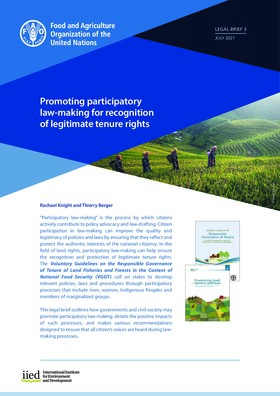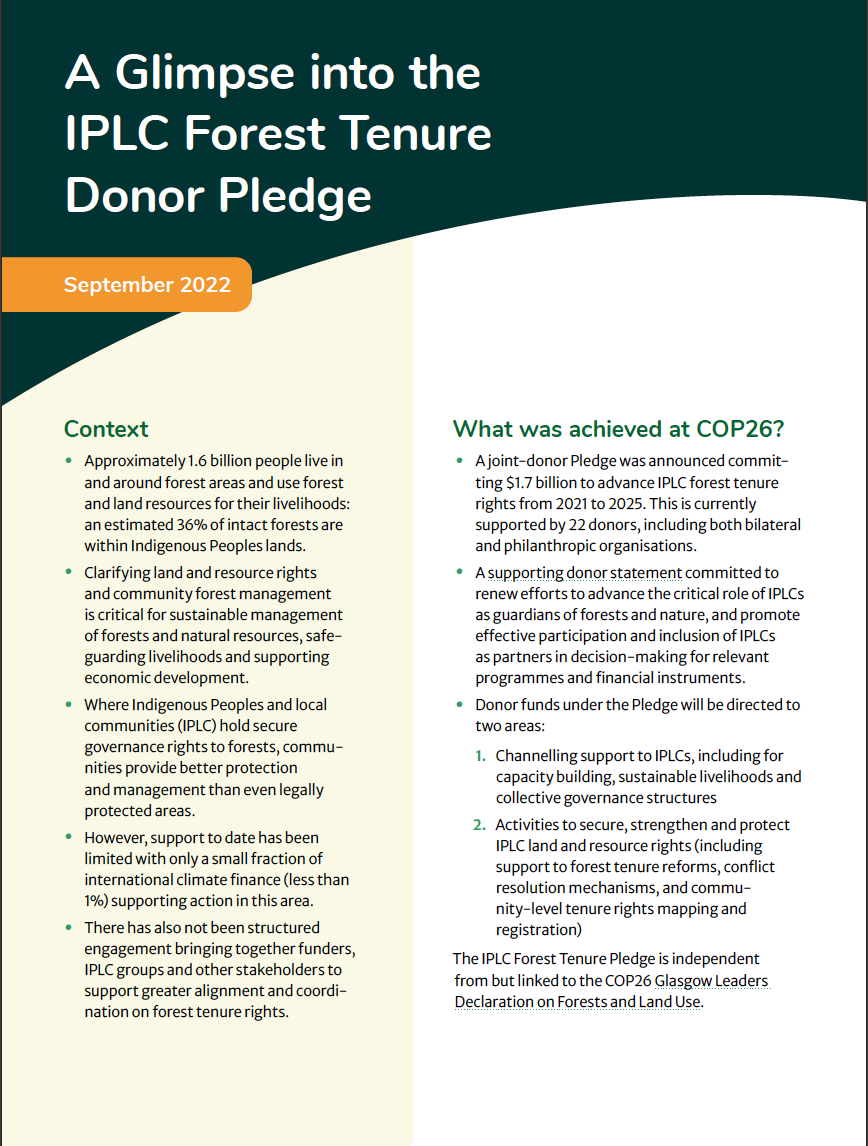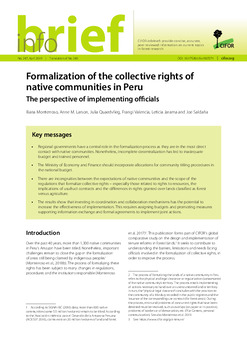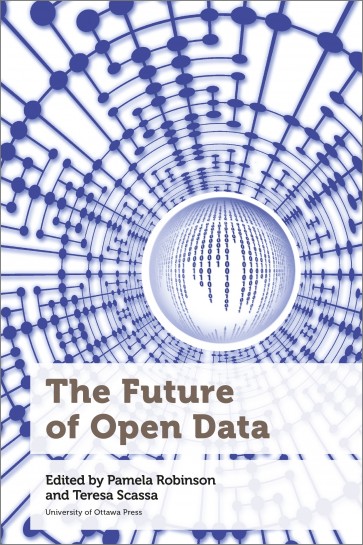Using ‘security issues’ to seize community lands for ‘conservation’
Conakry: un modèle de ville coloniale française? Règlements fonciers et urbanisme, de 1885 aux années 1920 (Conakry: A Model of French Colonial Town? Landrights and Town-Planning, from 1885 to the 1920s)
The dynamics of land occupation in Conakry is approached from the angle of both the colonial authorities and the local dwellers. The former took upon themselves the power of allocating plots and strove to enforce a colonial urban pattern. The latter succeeded in partly appropriating the town in spite of the minutiae of the law. As the urban area extended, Conakry was divided into three zones according to an ordinance of 1905. Although the third zone was officially termed 'native', there were no ethnic or national criteria.
Improving transparency and accountability in the flow of benefits to mining communities
This report seeks to investigate and propose mechanisms that can be used to improve the flow of benefits to mining-affected communities. The report sets out what requirements should be met for a community trust (or similar legal vehicle) to offer protection of trust assets. It sets out recommendations on the manner in which the legal document should be crafted to protect communities, and proposes that the time is ripe for regulation and clarity. Although it is focused on South Africa, it will be relevant for countries facing similar challenges in the mining and other commercial sectors.
Promoting participatory law-making for recognition of legitimate tenure rights
"Participatory law-making” is the process by which citizens actively contribute to policy advocacy and law-drafting. Citizen participation in law-making can improve the quality and legitimacy of policies and laws by ensuring that they reflect and protect the authentic interests of the national citizenry. In the field of land rights, participatory law-making can help ensure the recognition and protection of legitimate tenure rights.
A Glimpse into the IPLC Forest Tenure Donor Pledge
Approximately 1.6 billion people live in and around forest areas and use forest and land resources for their livelihoods: an estimated 36% of intact forests are within Indigenous Peoples lands. Clarifying land and resource rights and community forest management is critical for sustainable management of forests and natural resources, safeguarding livelihoods and supporting economic development. At COP26, a joint-donor Pledge was announced committing $1.7 billion to advance IPLC forest tenure rights from 2021 to 2025.
Formalization of the collective rights of native communities in Peru:
A brief on the formalization of the collective rights of native communities in Peru from the perspective of implementing officials
The Future of Open Data
The Future of Open Data flows from a multi-year Social Sciences and Humanities Research Council (SSHRC) Partnership Grant project that set out to explore open government geospatial data from an interdisciplinary perspective. Researchers on the grant adopted a critical social science perspective grounded in the imperative that the research should be relevant to government and civil society partners in the field.
Study on the state of consumer welfare in the real estate industry
The Real Estate Industry is a key sector in the socio-economic development of The Gambia,
and the sector has been rapidly growing in the past decade with over 1oo real estate
companies operating in the Gambia (AREC 2020). The industry is under the purview of the
Ministry of Lands and Local Government; however, it is not regulated by Government; which
has led to consumers being vulnerable to various types of unfair, misleading and deceptive
market practices by stakeholders in the transaction process.
Guide méthodologique pour la mise en place et la sécurisation foncière




